Manipur, Feb 14, (V7N) - In a significant development, the Indian state of Manipur has been brought under President’s Rule due to an extended period of violence and political instability. The move was announced on Thursday through a proclamation issued by President Droupadi Murmu, following a notice from the Ministry of Home Affairs.
Manipur has been grappling with widespread violence, clashes, and political unrest for over 21 months. The prolonged conflict, which has claimed more than 250 lives, has severely impacted the state's social and political fabric. Despite numerous efforts to address the situation, the state's administration has been unable to control the escalating violence.
The state’s Chief Minister, N. Biren Singh, faced significant criticism for his handling of the situation. After months of turmoil and growing dissatisfaction, Singh resigned from his position on February 9. His resignation came just days after widespread protests and calls for his removal.
In response to the ongoing crisis and following Singh’s resignation, the central government decided to impose President’s Rule in Manipur. Under President’s Rule, the administration of the state is taken over by the central government, and the elected state government is suspended.
The decision to impose President’s Rule in Manipur has drawn mixed reactions. While some view it as a necessary step to restore peace and stability, others criticize it as an indication of the central government’s failure to address the root causes of the violence. The state has witnessed frequent clashes between different ethnic groups, resulting in significant loss of life and property.
Manipur’s turmoil has affected the daily lives of its residents, with many living in fear of the ongoing violence. The situation remains tense, and it remains to be seen how the imposition of President’s Rule will impact the state in the coming months.
This political crisis in Manipur has drawn attention to the challenges faced by regional governments in maintaining peace and order in areas with deep-seated ethnic tensions and political instability. As the state transitions to central rule, the hope is that the situation can be brought under control, and lasting peace can be achieved.
END/WD/SMA/



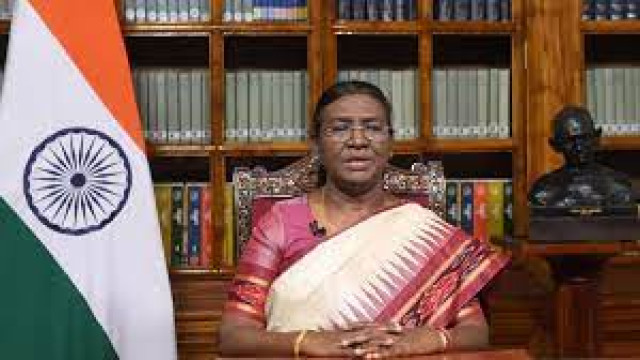

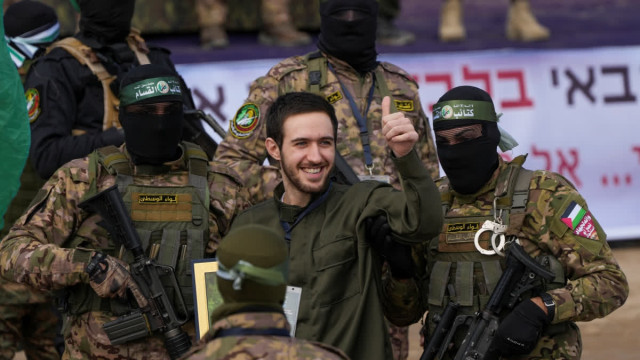


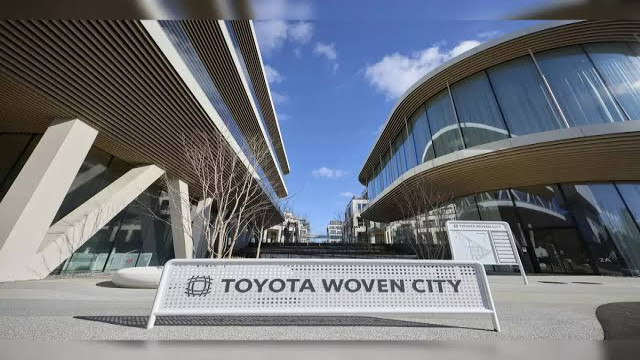

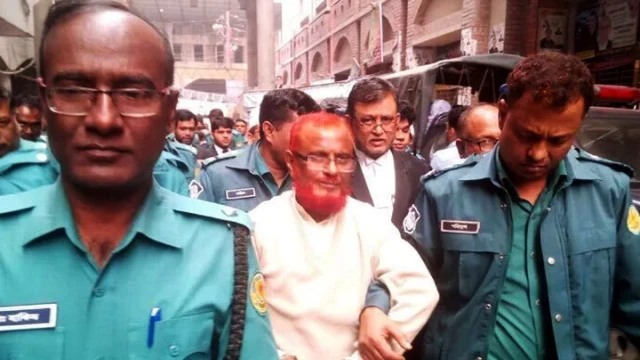
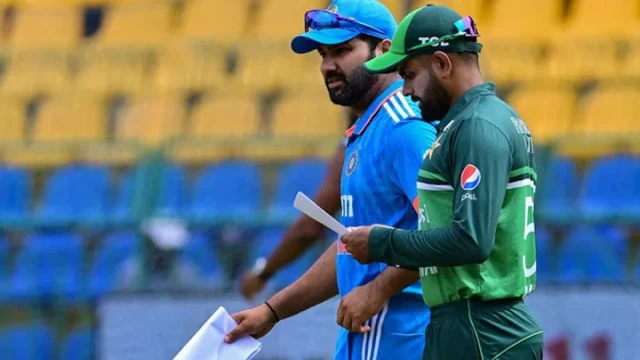
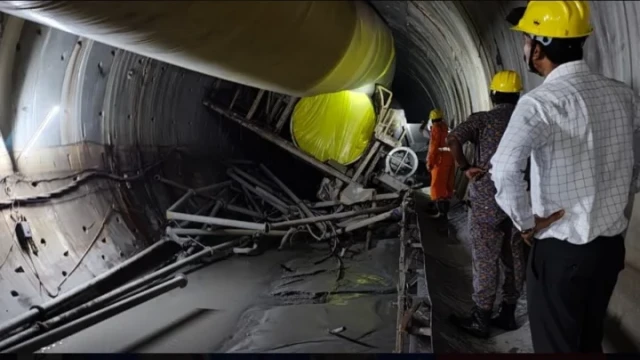
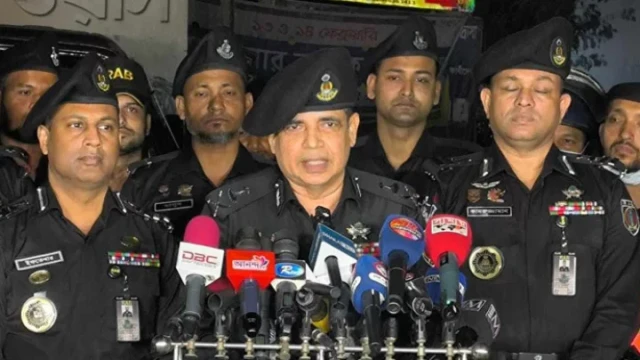

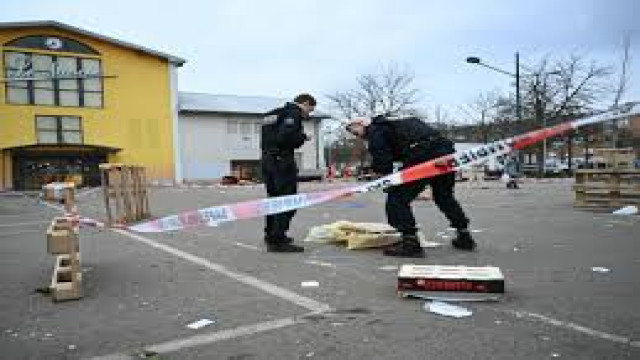

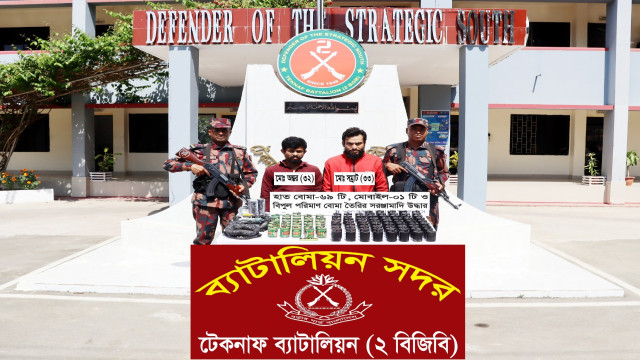
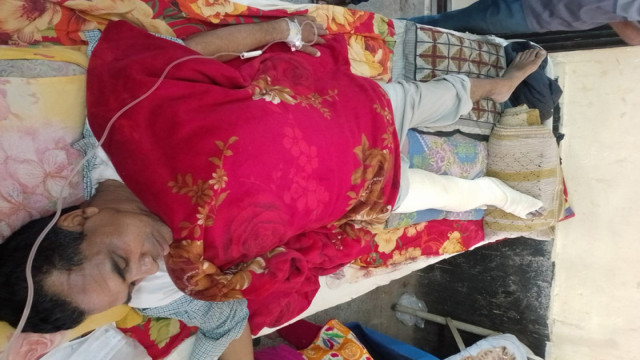
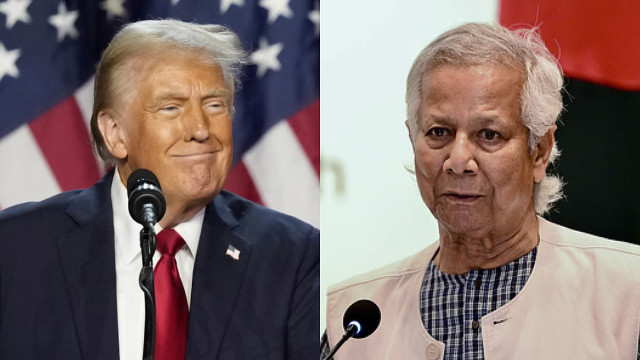
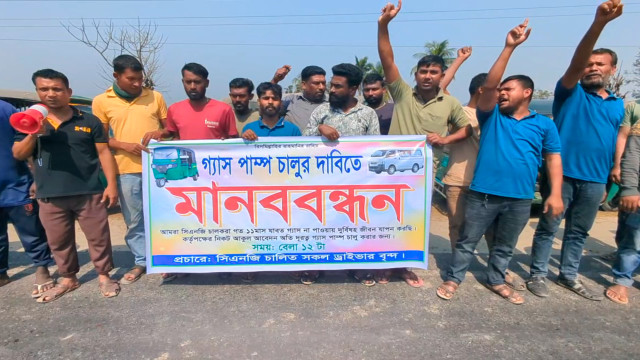
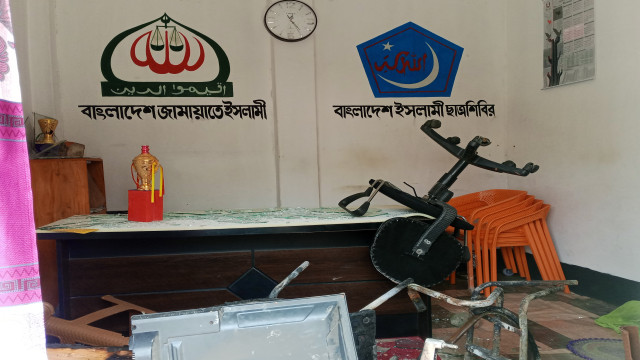
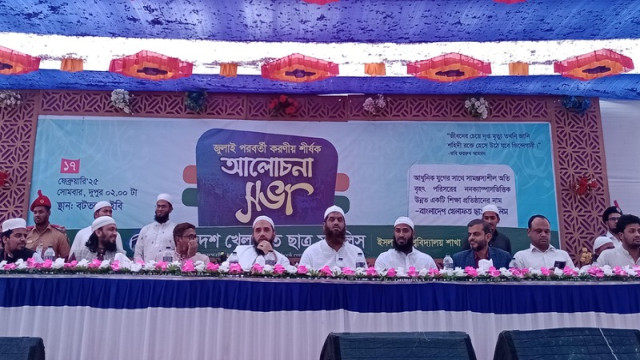
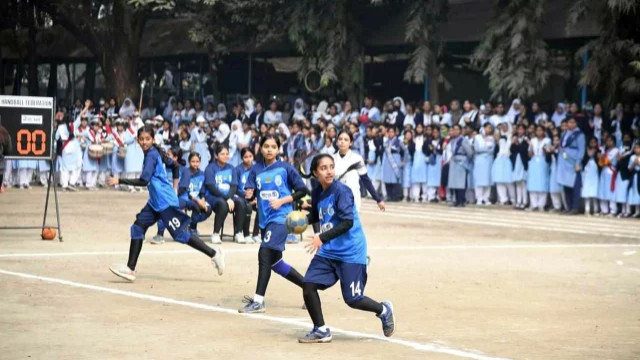
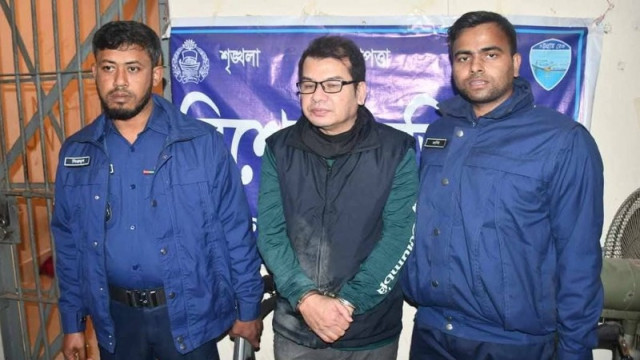
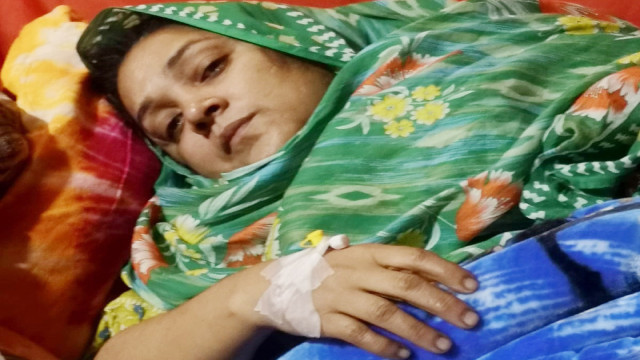
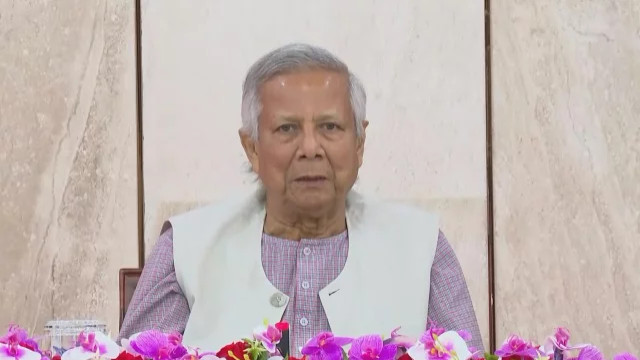
Comment: